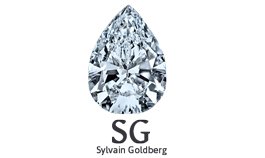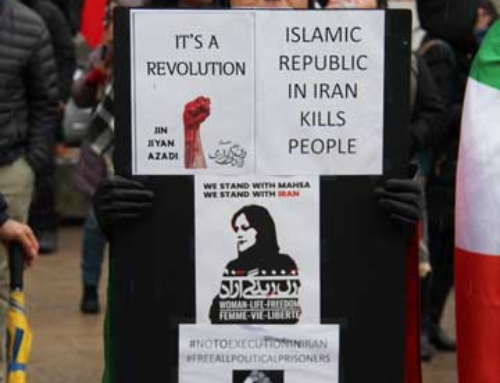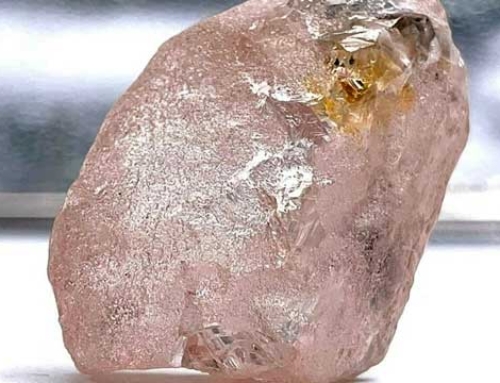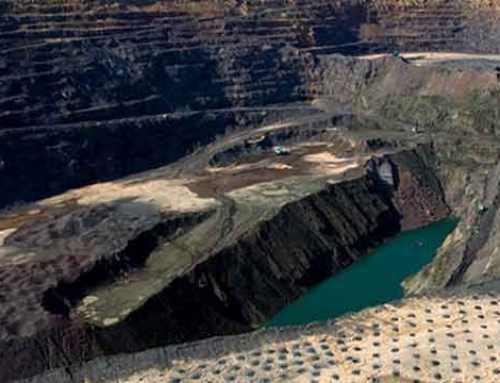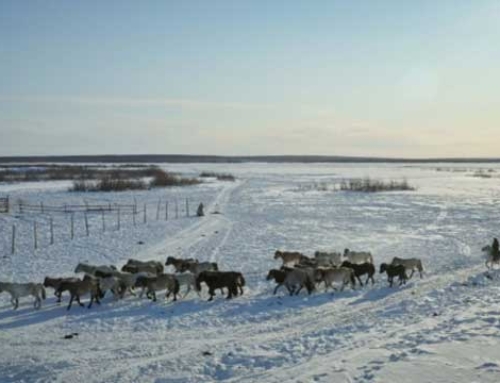Why the GemFair initiative? In the early 2000s, when the Kimberley process was about to be put into place, an NGO activist said that the best answer to the post-war diamond problem in Sierra Leone could be that De Beers reopens commercial offices on the spot. He feared, however, that this would never happen, because the miner was afraid of the consequences in terms of public relations.
But today De Beers returns to Sierra Leone after closing it’s ‘bush’ purchasing offices. This is part of a new pilot project that carries the name GemFair. The project uses digital technology to tackle one of the most difficult and deeply rooted challenges in the international diamond trade: the artisanal and small-scale mining sector.
According to the Diamonds and Development Initiative (DDII) in Ontario, Canada, up to 20% of quality diamonds around the world are obtained by artisanal miners, who often work for a meager salary, under very precarious conditions.
“Their job is difficult, dirty and dangerous,” says DDII. “The gravel must be washed to find the stones, the diggers spend a large part of the day in stagnant water. The health problems are countless and these sites are incubators for diseases. Minors often face exploitation, violations of human rights and a life of extreme poverty.”
The diamond industry considers that the artisanal mining sector poses a great risk in terms of reputation. It is known that the diamond fields of Sierra Leone have become a fertile ground for conflict diamonds.
From a pure point of view of public relations, the industry can easily turn away from artisanal diamonds, just as it does with the conflict diamonds. But activists say that this would only make the problem worse. Almost 1.5 million people living in the poorest countries of the world earn their living as diamond harvesters.
Since most brands take the tracking of origin of their diamonds seriously, as does the Forevermark brand of De Beers, some are concerned that artisanal diamonds get squeezed out of the industry in favor of stones from the large mining companies.
Over the years, various commercial ideas – mostly unsuccessful – have been put forward in connection with the artisanal, small-scale sector, including Martin Rapaport’s idea of producing fair trade diamonds. These concepts are mainly based on the idea that if you offer miners higher prices for ethically produced diamonds, they will not only benefit from higher profits, but also be motivated to improve working conditions.
GemFair applies this model, but with a high-tech focus
To be eligible for the program, mines have to meet certain standards. Currently 13 sites in Sierra Leone have access to it. The aim is to include three more in the GemFair initiative.
“Sites must meet a certain number of criteria: no child labor, no forced labor, no violence,” says Feriel Zerouki, de Beers senior vice president for international relations and ethical initiatives. “We also have environmental requirements. DDII will work with them on continuous improvements. ”
Sites that meet these criteria will receive a special tablet with a GemFair application. The app is a “digital toolbox” that offers miners – some of whom have dug for diamonds their entire life – a quick course on the complex art of stone pricing.
“One of the things that miners really appreciate is a better understanding of their product,” says Feriel Zerouki. “They feel that they are being exploited by the current system. But they are neither trained nor well informed in the field of diamond value appraisal.”
The idea is not only to increase standards in diamond mining, but also to ensure that stones that meet these standards get their rightful place in the diamond trade.
“We want to make the rules of the game uniform and integrate traditional small-scale production into the legitimate supply chain,” says Feriel Zerouki. “For the time being we see that there are major obstacles that prevent the production of artisanal mines to enter the market. The feedback and comments we have received from miners clearly indicate that it is extremely difficult for them to gain access to international markets.”
Feriel Zerouki says that De Beers could be a buyer for these diamonds, which the company would subsequently sell through its online auction platform.
“The miners will not be forced to sell us their production,” Feriel Zerouki explains, “but we will study their proposals carefully.”
The GemFair production can also be sold separately or integrated into a brand, but “we do not yet have enough information for the time being,” says Feriel Zerouki. “We have to check whether the production is good enough to market via an own brand name.”
Of course, this project will not go entirely smoothly. It has long been known that tracing diamonds is difficult, but it is particularly difficult in the artisanal mining sector, which operates in a very informal and free manner.
De Beers says that it has done a lot of work to ensure that only qualified diamonds end up in the program, thanks to GPS, labeling protocols and perhaps also the new Blockchain platform.
“We face many challenges in the area of logistics and bringing the product to the market,” Feriel Zerouki admits. “We really have to tackle these problems … However, once De Beers is completely up and running in Sierra Leone, GemFair can not only be extended to other countries, but also to other minerals. “If we can help formalize the traditional mine mining, we will really make a positive difference in the lives of 1.5 million people,” says Feriel Zerouki. “That motivates us to carry on with GemFair, despite all the difficulties.” “When you act with integrity you have nothing to fear, because you have nothing to hide. You do the right thing on the basis of integrity. “
